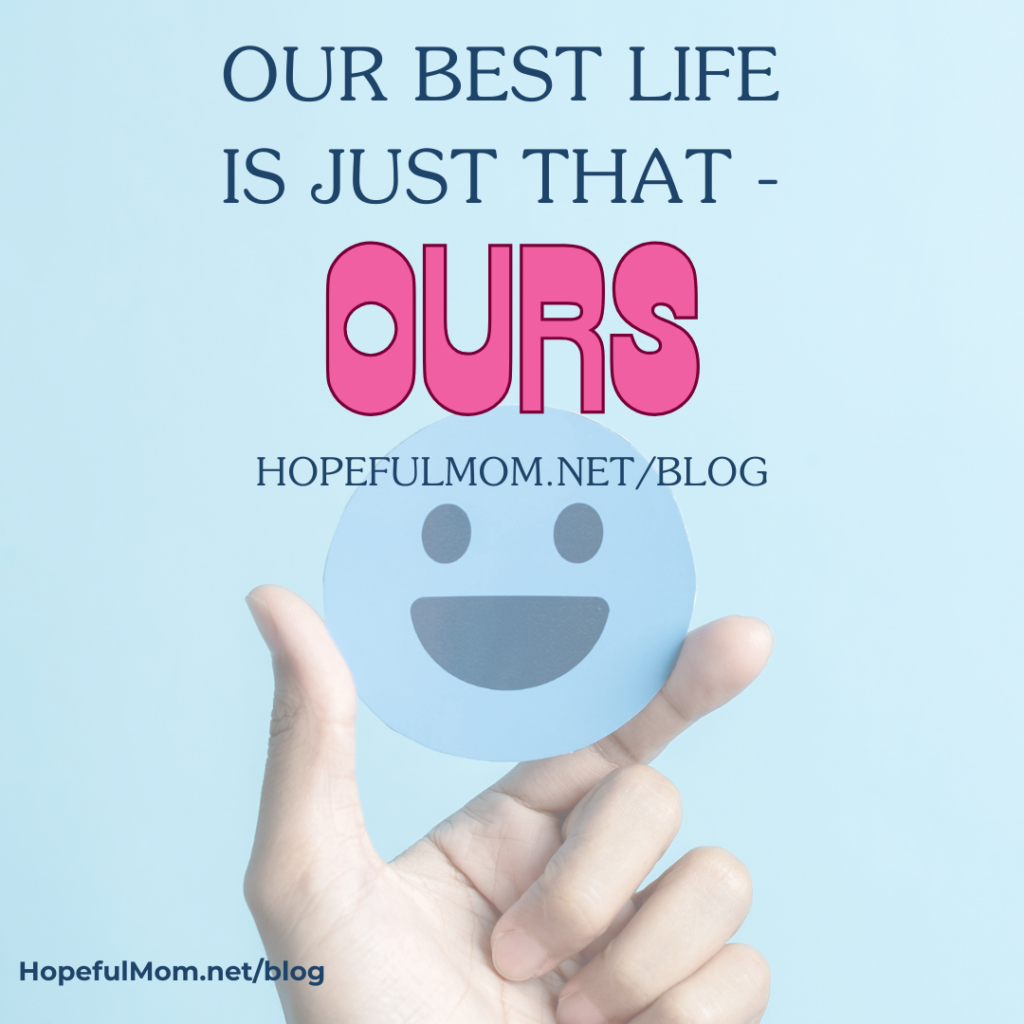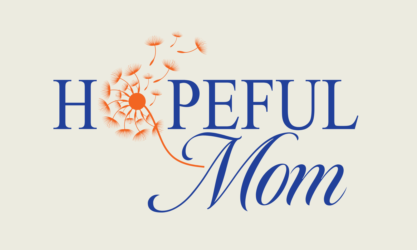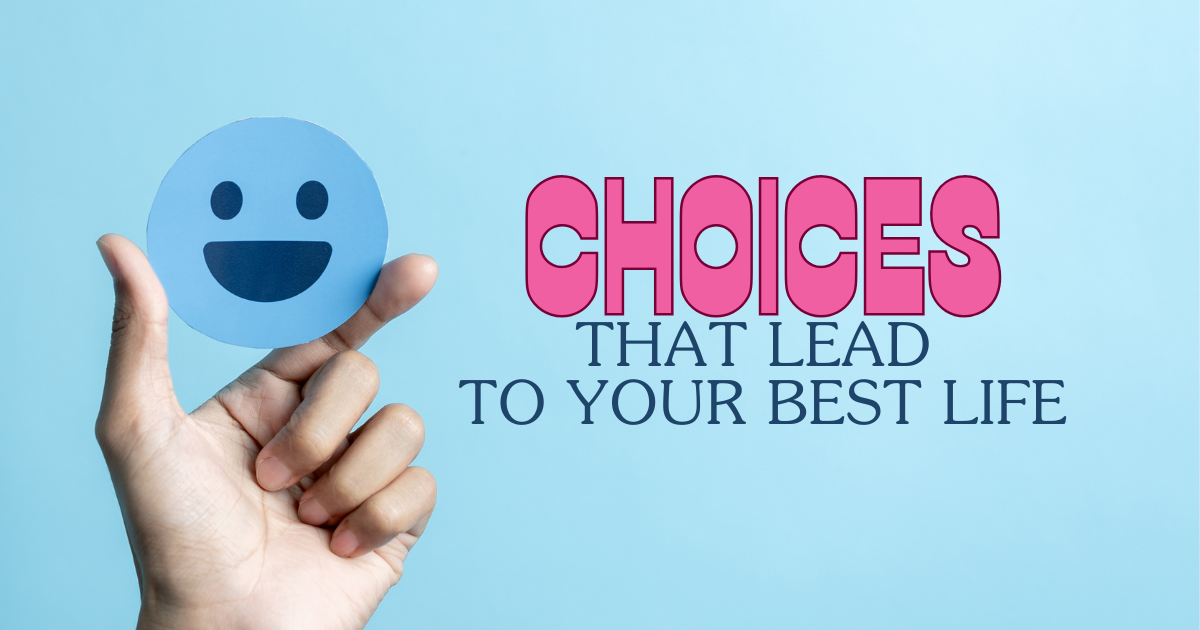Choices. We make them all day long. Should I have cereal or eggs for breakfast? Should I wear the black shoes or the navy? Should I brush my teeth today or not? . . . Wait! You don’t stop to think about that last one? . . . Come to think of it, neither do I. I automatically brush my teeth each and every morning. That’s a decision I made in middle school. A done deal. Or is it? While I concluded during my adolescent years that brushing my teeth daily is an absolute must, I can still walk away from this beneficial habit today if I want to. Hmmm. Nope. I think I’ll stick with it.
Big. Choices can be grandiose and life altering. Should I accept the promotion and move my family across the country? Do I choose the surgery which could eliminate the pain in my back but may paralyze me for life? We typically give these considerate thought, pondering the possible consequences. Although, life-altering ramifications may occur in an instant under certain circumstances. (i.e. Should I get behind the wheel of the car after three drinks?)
Small. Some choices seem insignificant. Can I spend a few more minutes perfecting this work project? Should I call my sibling, the one I haven’t talked to in a few weeks? Can I eat one more Oreo? How about one more episode on Netflix? The next generation may consider watching pornography to be a small, insignificant decision. The nonchalant societal attitude contributes to this viewpoint.
Unaware. And sometimes we don’t realize we’re making choices. It’s as if the decision finds us. Our choice is chosen before we think. The clock jumps forward half an hour while we innocently scroll reels. An empty bag of potato chips lays next to us. The vape pen empties itself. These subtle and subconscious deeds feel more like inevitabilities than choices. But, over time, they have the power and potential to steer our entire life in a direction we never intended to go.
People caught in addictions may find themselves in this position. They automatically reach for the substance that feeds their addiction before ever thinking about it.
What motivates each of these thousands of choices, deliberate or otherwise, each day? Brain science explains those habitual decisions, the ones we slide into without giving it an extra thought. However, our motivation should be more positive, more thought-provoked.
Living Our Best Life
When we’re in the classroom, my colleagues and I ask students, “Who wants to live your best life?” If they’re awake and paying attention, they typically raise their hands.
I can’t imagine too many people saying they don’t want to live their best life. But (1) what does living your best life mean? And (2) how do we get there? The second question’s simple answer is: Make healthy choices. (More on that in a minute.) The first question, however, may need some explanation, especially if we hope to talk with our children about living their best lives.
Because, as individuals, we each possess a different set of talents, skills, abilities, and personality traits, my best life differs greatly from yours. It’s not measurable. In other words, neither of us can look at the other and state, “You’re doing it.” This is a key point. As we march through time, we shouldn’t compare achievements, physical abilities, or disposition. A good reminder to pass along to our children.
Our best life is just that—ours.
To simplify, here’s a list which helps define living one’s best life:
- You wake up feeling good about yourself.
- You wake up feeling good about your relationships—including the ones you have with yourself, God, and those around you.
- You look forward to your day, its activities and its outcomes.
- You can’t wait to interact with others—your friends, family, co-workers, and the community.
- You plan ahead with hopeful expectation.
- You’re optimistic about the future.

In order to live that best life, our goals and actions must align with our beliefs and values. Then we must make decisions, both big and small, that take us toward those goals and line up with our beliefs. Choices. Life-sustaining, life-giving choices which improve all aspects of our lives, positively influence others, and offer hope.
Yes, those small, subtle, subconscious actions can make a significant impact. Our current decisions affect the future. Each choice we make today moves us closer to our goals or farther away. Each helps us live our best life or makes it more complicated and chaotic. Joyful or depressed. Thriving or existing. Which road do we want to take? I hope your choices encompass your talents, skills, abilities, and personality traits. I hope they model your beliefs and values for your children. And, as you go, I hope you both live your best life. And that you keep brushing your teeth.
Please subscribe and share! Thank you!
About the author
Barb Winters is the author of Sexpectations: Helping the Next Generation Navigate Healthy Relationships and founder of Hopeful Mom. She’s a certified mental health coach and offers one-on-one consultations for parents. For more about Barb, click "About" in the menu.



